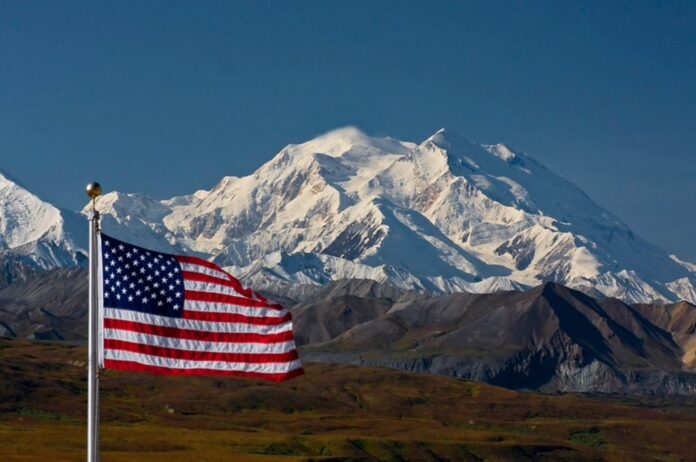By WAYNE E. HEIMER
Our newly inaugurated President Donald Trump signed an executive order last week to change the name of North America’s highest mountain back from Denali to Mount McKinley.
He did this by issuing an executive order to his minions at the Bureau of Place Names, which lives in the executive branch of government.
The nature of executive orders is that the chief of the executive branch of government (the president) can tell the folks who work there what to do. Usually, upper government functionaries are there because they are politically or philosophically aligned with the president, so they do what the boss wants.
For example, President Joe Biden thought the government’s paying college loan debt was a great idea. He issued an executive order to his executive branch underlings to “get that done.”
President Biden’s minions started to get it done. However, somebody’ said, “Wait a minute! He can’t do that.” and the U.S. Supreme Court agreed. Biden simply lacked the authority to arbitrarily spend money (paying universities for the debts of students) without congressional appropriation. That starts in the House of Representatives.
President Biden and his sympathizers didn’t get away with that one, so Biden tried another executive work around to do it anyway. That may still exceed presidential prerogative. We’ll see.
The president, as chief executive, has the authority to tell the folks who work in the executive branch what he wants done. They can either do it, fake doing it while doing what they’ve always done (a common tactic of agency ideologues), quit, or be fired. Where executive orders have gotten off track has been that Congress has failed to keep executive branch agencies on the rails. Congress has typically left it to the next administration to sustain or make corrections to previous presidential overreaches.
President Barack Obama famously said that if Congress didn’t act as he wanted he had a pen. That was clearly a threat to Congress because the president can simply make laws by executive order, unless Congress is negligent (or is insufficiently attentive to hold the executive branch within its appropriate bounds). It seems Obama thought he could bully Congress. When Congress is either partisan or passive, power creep inevitably results.
There are numerous examples, including the failure of Congress to protect the authority of law it doesn’t like, but doesn’t change. Congress was largely responsible for the unchecked immigration bonanza. That crisis was enabled when Biden told his executive branch functionaries to stop enforcing existing immigration law. He said the immigration system was broken and decided to alter it to the liking of special interests by executive action. Congress didn’t protect its law-making turf. Now, President Trump is telling those same executive branch folks to get back to work protecting the border as present law requires.
Trump seems to be a big fan of President William McKinley, primarily because McKinley’s use of tariffs on imports made the country prosperous enough it could afford luxuries like Teddy Roosevelt’s National Parks. Based, at least partly on Trump’s understanding that McKinley (whose assassination probably resulted in naming the mountain in his honor) was great on tariffs, we might understand Trump’s procedural directive to the Bureau of Place Names to change the present name of North America’s highest mountain back to McKinley. If the name change were done by executive order, Trump may succeed.
Many present-day Alaskans won’t like it. We’ve grown accustomed to Denali over the last 40-50 years, and that Alaska Native name colloquially pre-dates Mount McKinley. I suppose whether the name gets changed depends on administrative history, authority, and public sentiment. Not everyone in Alaska loved the change from McKinley to simply Denali years ago. The mountain will remain the same.
Calling the Gulf of Mexico after Mexico might have seemed sensible to early Spanish colonizers. Renaming it the “Gulf of NORTH America” seems more reasonable. After all, it about equally bounded by Mexico and the United States (both presently North American nations). Calling it the Gulf of Mexico seems to neglect the United States, and simply calling it the Gulf of America (a name often applied to the United States) seems just as nationalistic as attributing it exclusively to Mexico. The Gulf is not owned by either. It will remain the same no matter what it is called.
If there’s a value to these renaming exercises, it may be to point out that executive orders only apply to the government agencies in the executive branch of government. How today’s executive branch name games affect the rest of us is really a function of vigilant congressional representation, and whether we choose to get personally excited over them.
Wayne E. Heimer has lived in Alaska for almost 60 years and is well aware of how executive orders can affect Alaska.
